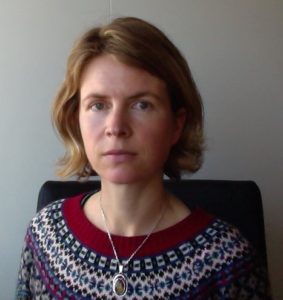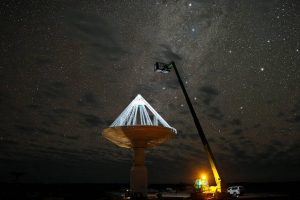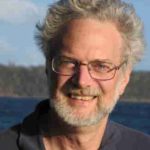July 27, 7.30 pm Stanley Burbury Theatre, Sandy Bay campus, UTAS
Chair: Her Excellency Professor the Honourable Kate Warner, AM, Governor of Tasmania
Associate Professor Heather Lovell, UTAS
How we produce and consume electricity is changing: more of us have rooftop solar, there is greater opportunity to purchase household battery storage, and detailed energy data is more widely available. A growing concern of utilities and governments is that large numbers of people will opt to leave the electricity grid (i.e. centralised electricity provision), as it becomes increasingly technically feasible and cost-effective to do so. In this short talk Associate Professor Lovell will explore the nature of the changes already underway in the Australian electricity sector, and consider what past experience tells us about ‘megashifts’. She will also explore how change in an uncertain world can be effectively governed.
 Associate Professor Heather Lovell is an Australian Research Council (ARC) Future Fellow in the School of Social Sciences at the University of Tasmania. Her ARC research is about the learning that is taking place from smart grid experiments. Over the last ten years, her research at Cambridge, Edinburgh and Oxford universities in the UK has focused on how and why technology and policy change occurs, investigating topics ranging from low energy housing to carbon markets.
Associate Professor Heather Lovell is an Australian Research Council (ARC) Future Fellow in the School of Social Sciences at the University of Tasmania. Her ARC research is about the learning that is taking place from smart grid experiments. Over the last ten years, her research at Cambridge, Edinburgh and Oxford universities in the UK has focused on how and why technology and policy change occurs, investigating topics ranging from low energy housing to carbon markets.


